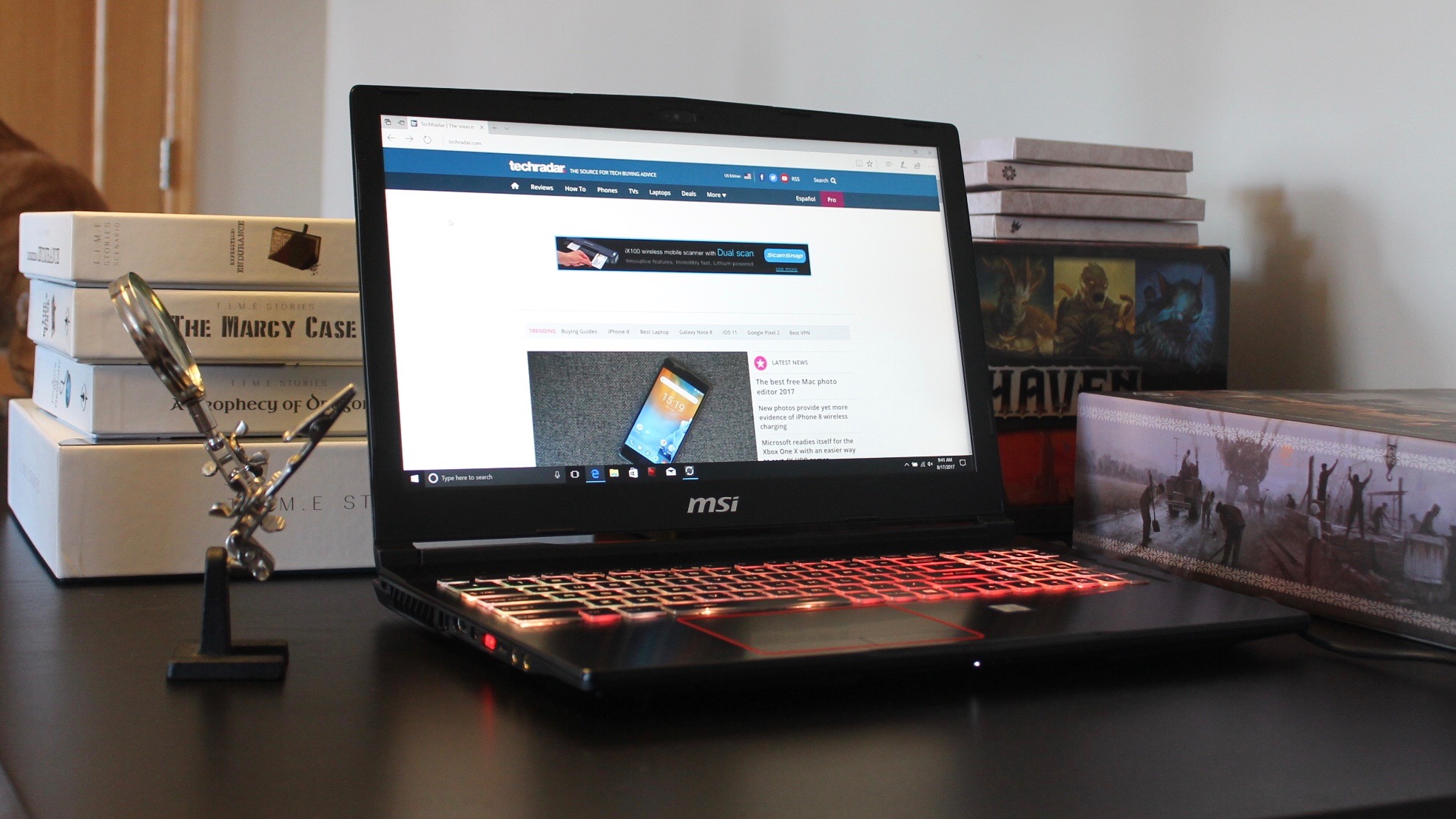Why you can trust TechRadar
As the benchmarks show, the GE63VR is more than a competent gaming laptop. It spat out 87 fps on Ultra settings during Total War: Warhammer, and 180 fps on Low. Only Deus Ex: Mankind Divided tripped it up: 15 fps on Ultra.
An unplayable frame rate for sure, though that’s not a knock against the Raider: all the gaming laptops we’ve tested have had trouble with Eidos’s shooter on high settings.
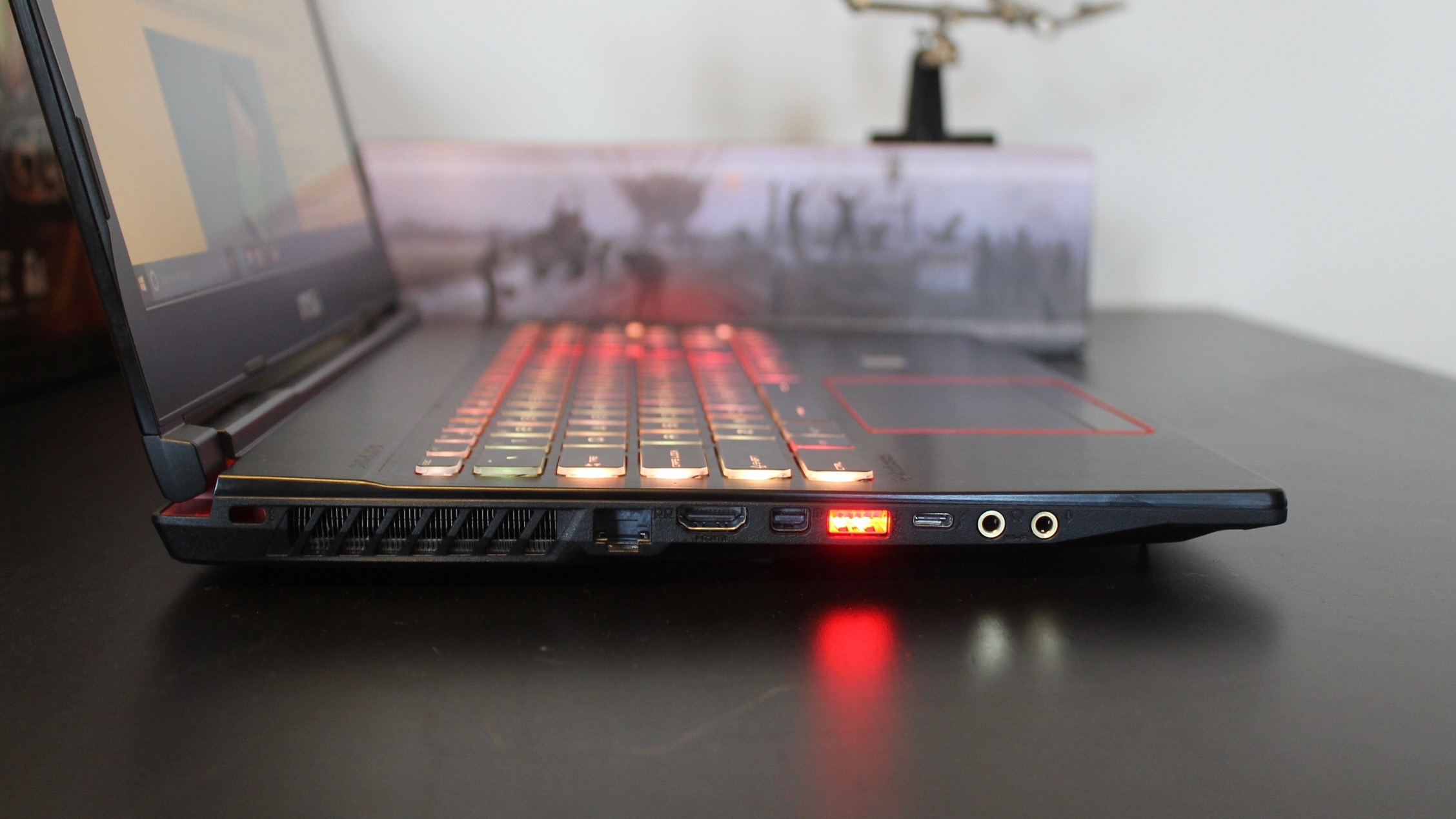
Here’s how the MSI GE63VR Raider performed in our suite of benchmark tests:
3DMark: Sky Diver: 29,513; Fire Strike: 13,069; Time Spy: 5,124
Cinebench CPU: 728 points; Graphics: 93 fps
GeekBench: 4,790 (single-core); 14,804 (multi-core)
PCMark 8 (Home Test): 3,473 points
PCMark 8 Battery Life: 2 hours and 41 minutes
Battery Life (techradar movie test): 2 hours and 53 minutes
Total War: Warhammer (1080p, Ultra): 87 fps; (1080p, Low): 180 fps
Deus Ex: Mankind Divided (1080p, Ultra): 15 fps; (1080p, Low): 105 fps
Interestingly, the Raider did not best the rival Alienware 15 R3 on our benchmark tests, despite having double the system memory. Both laptops share a Kaby Lake Core i7 processor and GTX 1070 GPU, yet the 15 R3 outscores the GE63VR on all of our 3DMark tests (albeit by a slim margin), as well as the PCMark 8 Home test (by 600 points).
On top of that, the 15 R3 model we tested is $200 cheaper than the GE63VR. That’s the cost of four games. The GE63VR may be lighter and quieter than the 15 R3, but it’s not faster, and that hurts its value.
Battery life
Battery death is more like it. Gaming laptops are not known for their batteries, but the Raider’s sub 3 hours of unplugged time is poor even in this juice-less paradigm.
On our movie test (in which a movie is played on a loop at 50% volume and brightness), the 15 R3 and EVO 15-S both lasted a full hour longer.
The GE63VR doesn’t do much better on the PCMark 8 Battery test either. The 15 R3 leads the pack at 3 hours and 13 minutes, but the EVO 15-S, at 2 hours and 52 minutes, and the Raider, at 2 hours and 53 minutes of battery life, stumble across the finish line together.
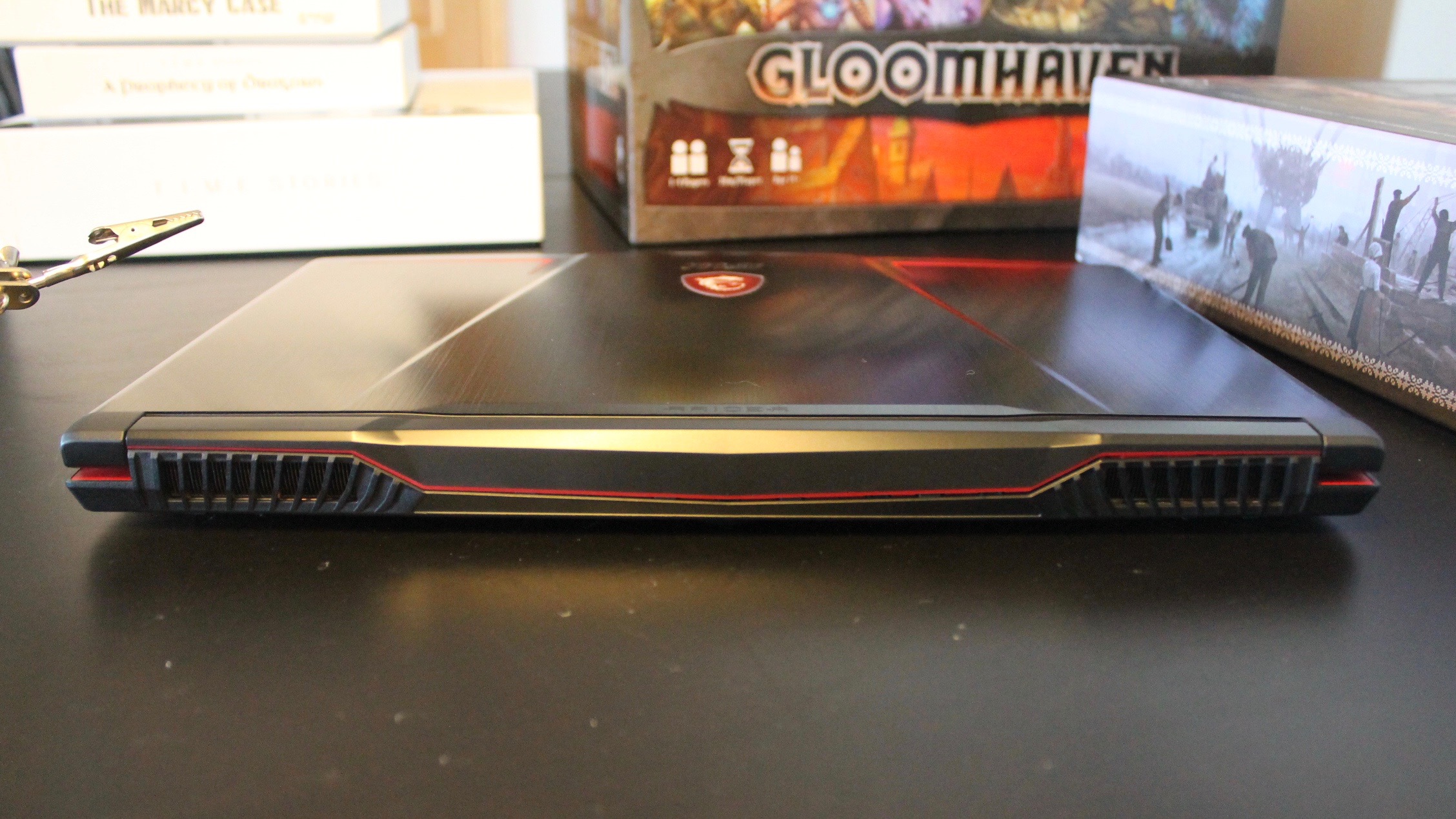
We liked
MSI’s GE63VR is class-busting in a lot of ways: it’s quiet, it’s cool and it’s got a beach body. Its Core i7 processor and GTX 1070 GPU are pretty dreamy, too. It may look like a straight gamer, but the Raider is one of those uncommon gaming devices that does nearly everything well.
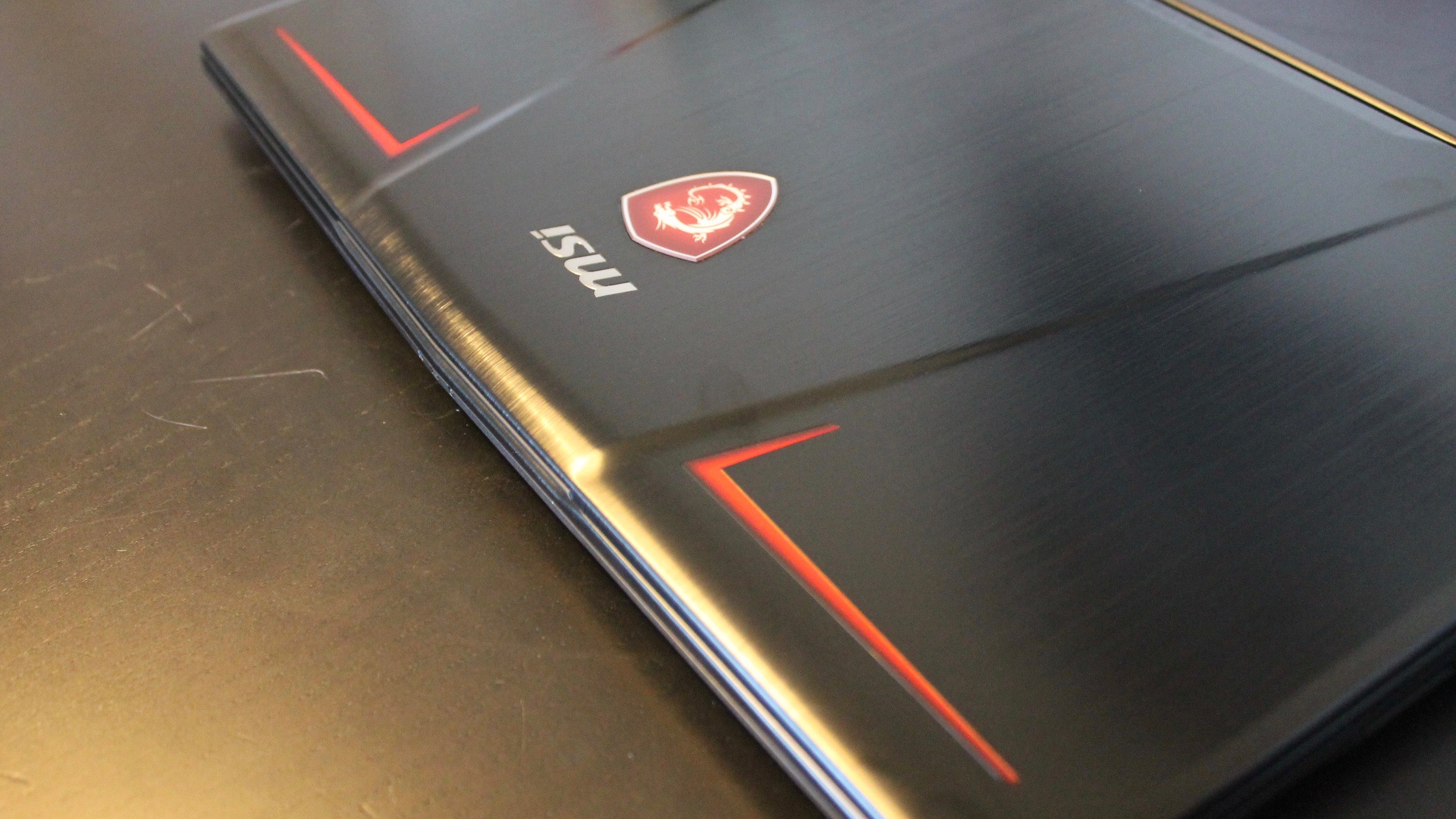
We disliked
Again, the Raider does nearly everything well, but it’s not the best where it counts: pure performance. It’s a wallet-buster that doesn’t bust through the pixel wall. The rival 15 R3 beats it out on most of our benchmarks tests, even though the GE63VR we tested has double the memory.
Battery life. It’s probably the least interesting part of a gaming laptop (outside of the touchpad) but the device has to at least show some ability to go cordless – not the Raider. It just chills on the longboat, chugging mead, eternally thirsty.
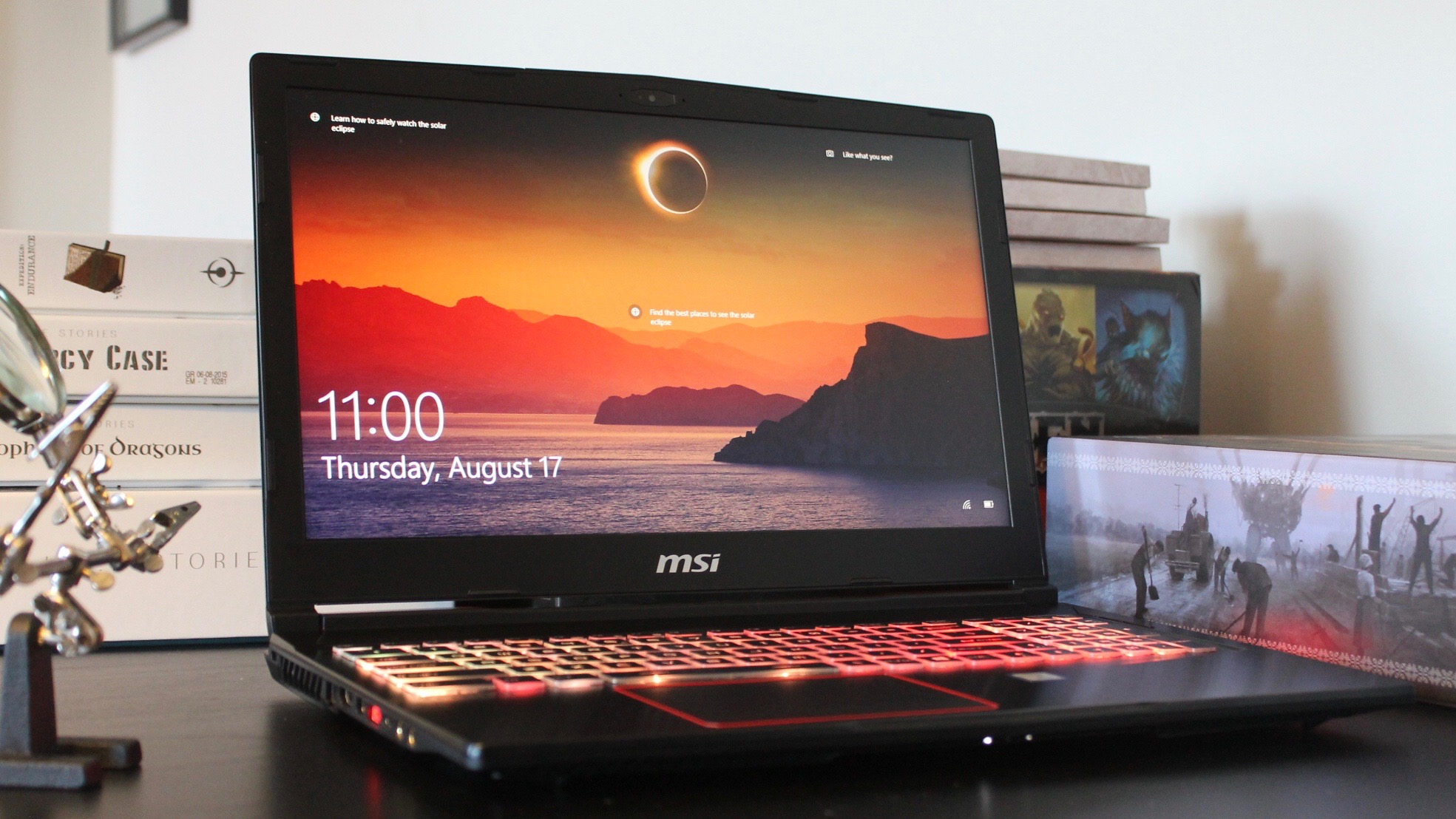
Final verdict
So many gaming laptops are really mini gaming desktops: they’re heavy, they’re hot, and they’re loud. They’re portable only in the sense that you don’t have to get on your hands and knees to move them. However, in recent years, manufacturers have begun making gaming laptops with both power and portability: the GE63VR is the latest, and maybe greatest, example of this philosophy.
The quiet, cool gameplay the Raider pulls off is a homerun. The typical bells and whistles you’d find on a gaming laptop – the programmable chroma keys, smooth display and punchy hardware – are all here and done well, too. But there’s a burr in the GE63VR’s saddle, and that’s its price-to-performance ratio.
The Raider isn’t cheap, and because it isn’t cheap, users are going to expect top-of-the-line performance. And, the Raider does deliver – just not as well as Alienware’s cheaper 15 R3.
The bottom line on the GE63VR is simple: if you really value comfort in your portable gaming experience, then this laptop is for you. But, if it’s performance above all else, then there are cheaper options out there that are at least as powerful as the Raider, if not more so.
